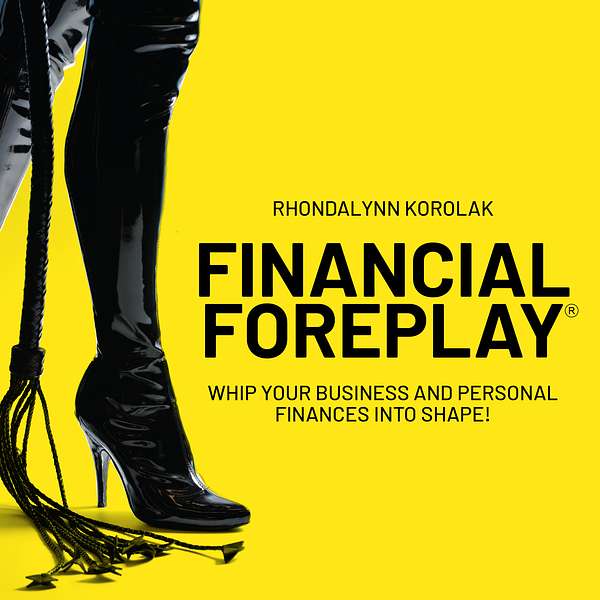
Financial Foreplay® Podcast
Poor financial management is as fatal to your business and personal wealth as a photo of your parents on the bedside table is to your libido! If you want to protect the heart of your financial well being and get it to show you more love, you must understand and learn to prevent the most common causes of financial failure. Financial Foreplay® is the antidote to these lethal killers.
Financial Foreplay® Podcast
How Sexually Transmitted Debt is Creating a Revolution in Banking
Apple is putting the finishing touches on a service that will let consumers pay for any Apple Pay purchase in instalments over time – which is a direct foray into the “buy now, pay later” market where key players such as Paypal, Klarna, Zip and Afterpay have dominated.
This new Apple service will be backed by Goldman Sachs as the lender for the loans that support the instalments.
This new buy now, pay later system could further drive and entrench Apple Pay adoption. Even more importantly, it’s likely to influence more consumers to use their iPhone to pay for items instead of standard credit cards. This is a huge shift since recent studies out of the UK estimate that BNPL took a 20% chunk out of the credit card market during the 2020 Christmas shopping season.
As I understand it - when a consumer makes a purchase via Apple Pay on any Apple device, they will have the option to:
· pay for it in four interest-free payments made every two weeks, or
· spread the payments across several months with interest
Consumers will be able to choose any credit card to make their re-payments over time which will add another 30 days to the equation.
Now you may be asking yourself, why is this so significant?
Apple's announcement isn't significant because of its direct impact on the BNPL landscape. It is significant because it proves the structures of banking and finance are fundamentally changing. This week alone we saw irrefutable evidence that banking as we know it is dying and that the rigid foundations that have propped up our banks, are no longer rigid at all.
The recent acquisition of Afterpay as a prime example of this. Afterpay has NEVER made a profit. Afterpay has no history of paying dividends to shareholders and has less than $1 billion in net assets on its Balance Sheet. And yet, it was acquired for an implied $39 billion by Square, with Afterpay shareholders set to pocket Square shares instead of cash... where Square shares on this transaction were aggressively priced at 120 times forward earnings!
Bio:
Kane Jackson is the Founder and CEO of Maslow, a financial services start-up with a
goal to rebuild consumer banking and finance on a platform of inclusivity and
alignment with the consumers it serves and has, at times, previously taken for
granted. Maslow has the backing of a number of significant investors, including the ex CEO of PWC and Carlton Football Club President.
Financial Foreplay® Highlights:
1. Significant increase in bad debts likely led to need to source an acquisition partner
2. BNPL is predicated not on the 6 per cent return but the fact that capital is recycled 3-4 times a year making the annual return earned in the 30 per cent range
3. BNPL model is built upon the assumption they would be able to upsell customers into traditional banking products – the jury is still out on whether that is realistic or not
4. Banks were never really worried about BNPL because it only affected a small portion of their revenue base
5. Apple’s proposition is risky because it completely removes friction AND conscious consideration by the customer of what the bank does (and whether they even need a bank in their lives)
6. Questions for us to ponder -- How could we harness what we have learned from BNPL to innovate in the area of savings, investing etc.? How could we teach people to manage their money more wisely and make it fun/engaging?
Get in Touch:
Linkedin - Kane Jackson | LinkedIn